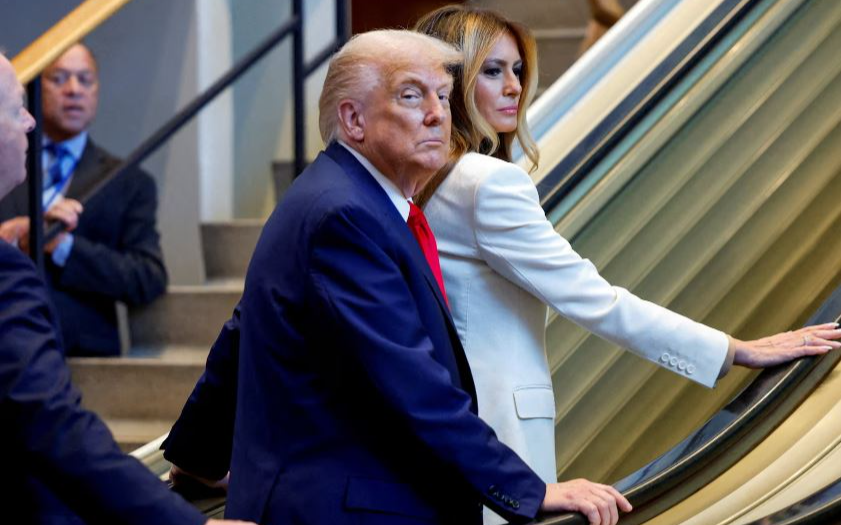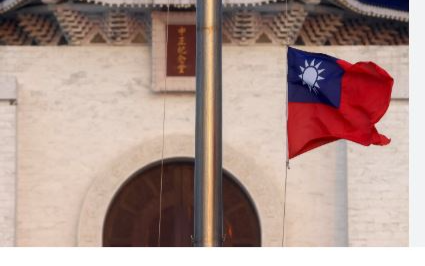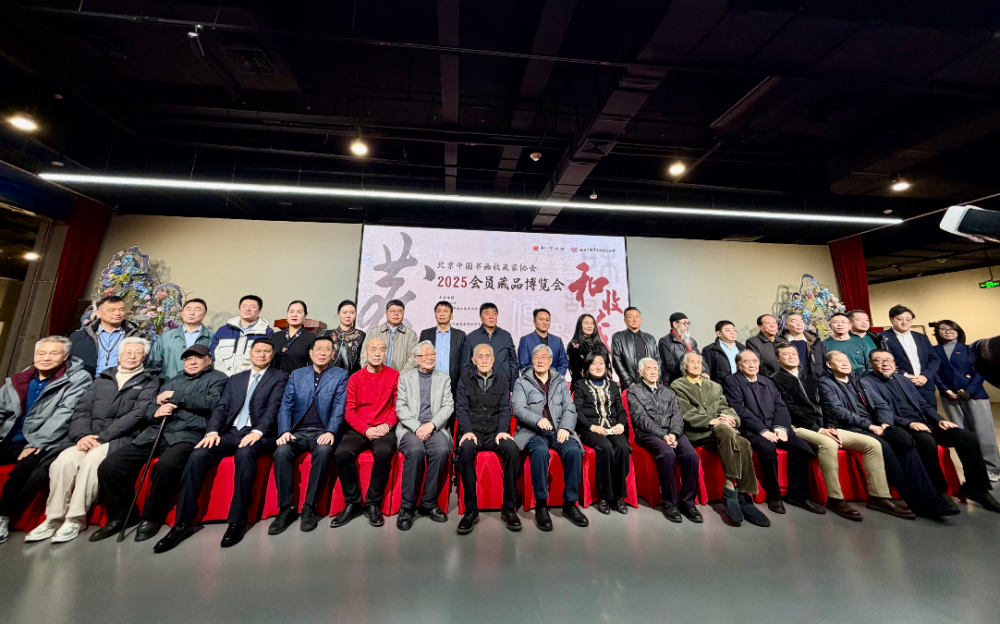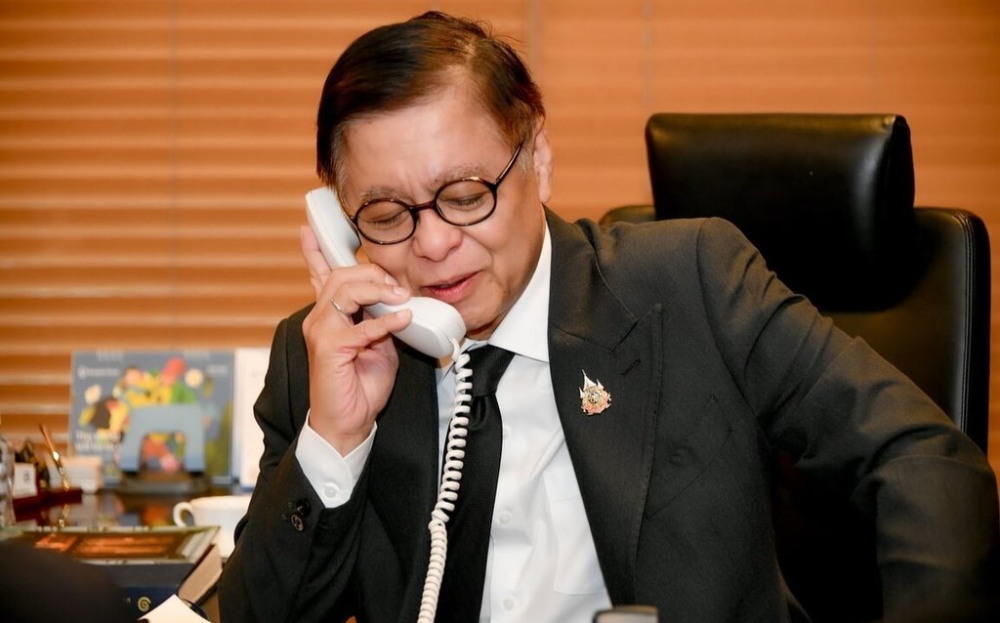川普抨擊聯合國——9月25日的觀察與感想

川普抨擊聯合國——9月25日的觀察與感想
2025 年 9 月 25 日,星期四。今日的世界新聞仍被川普在聯合國大會的演說所佔據。
川普直指聯合國「只會空談」,未能在移民潮、國際衝突與和平斡旋
在演說開始前,會場還發生了插曲:電扶梯突然停止,提詞機也一度
然而,值得注意的是,儘管言辭激烈,他也並非全盤否定聯合國。他
思索與反省
川普的演說顯然會激起不同層面的反應。在國內,支持者會拍手叫好
對我而言,這場演說更像是一面鏡子,映照出國際秩序正處於搖擺不
如果各國真的如川普所言,各自築牆、封鎖邊境,未來的世界或許會
Trump’s Attack On The United Nations — Reflections On September 25
Thursday, September 25, 2025. Today’s headlines are still dominated by Donald Trump’s speech at the United Nations General Assembly. It was no ordinary diplomatic address, but rather a jarring political performance—sharp in tone, unapologetic in anger.
Trump accused the UN of being “nothing but talk,” ineffective in tackling worldwide migration crises, international conflicts, and peace negotiations. He complained that American-led efforts had received little support from the organization, portraying it as a grand stage devoid of real action. With characteristic bluntness, he dismissed climate change as “the greatest con job in history,” undermining years of international effort on environmental and energy cooperation. On migration, he urged nations to “close their borders and expel illegal immigrants,” warning that open-door policies would destroy national cultures and sovereignty.
Even before the speech began, mishaps set the tone: an escalator suddenly stopped with Trump and his wife on it, and the teleprompter failed to function properly during his presentation. Trump seized on these glitches as symbolic of UN “chaos and dysfunction,” mocking the institution in front of the world. Though UN officials later clarified that the escalator was stopped by a safety mechanism and the teleprompter was controlled by the U.S. delegation, Trump’s theatrics made sure the details played in his favor.
Yet, it is worth noting that his speech was not an outright call to dismantle the United Nations. When addressing the dangers of nuclear and biological weapons proliferation, he admitted that a UN capable of real action could still play a crucial role. His rhetoric suggested not so much destruction, but rather pressure—demanding that the UN prove its value through decisive deeds.
Reflections
Trump’s words are bound to resonate differently across the diverse global audiences. At home, his supporters will cheer the tough stance, framing it as resistance against globalist pressures. Abroad, however, many diplomats and governments are likely to feel insulted, viewing his language as an affront to multilateralism.
To me, this speech felt like a mirror held up to the world. On one side there are pressing global crises—climate, refugees and war that positively require cross-border collaboration. On the other side nationalism and unilateralism are surging, making “cooperation” an increasingly fragile notion.
If nations follow Trump’s call to build walls and shut borders, the world may feel more secure in the short-term, but will grow more divided and isolated. Without trust and coordination, how will humanity face the next pandemic, the next war, or the next shared threat? That is the question that lingers in my mind tonight—the deeper growing unease beneath the headlines.































